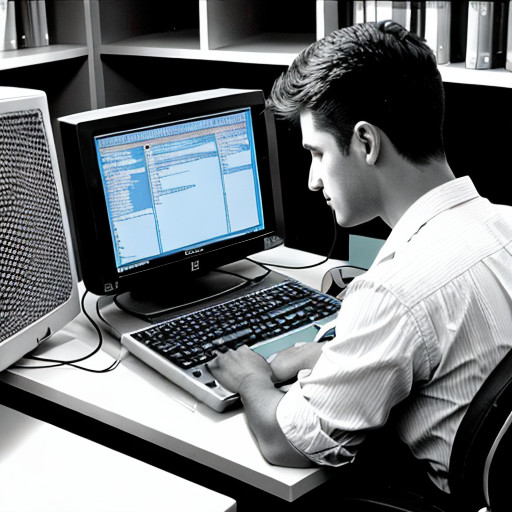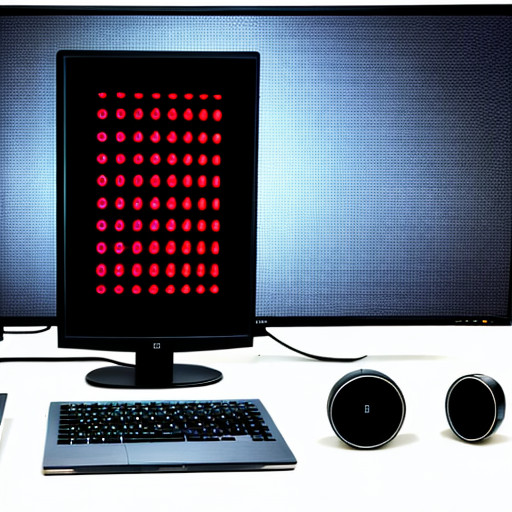Evolving Technologies
In the next decade, software development will witness groundbreaking advancements in technologies like AI, AR, and IoT. Artificial Intelligence (AI): AI will play a pivotal role in software development, automating tasks, improving data analysis, and enhancing user experiences. Augmented Reality (AR): AR applications will become more prevalent, transforming industries like gaming, education, and healthcare. Internet of Things (IoT): IoT will lead to the development of smart cities and homes, with software connecting and managing countless devices. Quantum Computing: Quantum computing will revolutionize complex computations, impacting fields like cryptography and scientific simulations. Blockchain: Blockchain technology will continue to disrupt industries with secure and transparent transactional systems, such as finance and supply chain management.

Agile Development Practices
Agile methodologies will continue to dominate, fostering collaboration, rapid iteration, and customer-centricity. Continuous Integration/Continuous Delivery (CI/CD): CI/CD pipelines will become standard, allowing for faster and more reliable software delivery. Cross-Functional Teams: Agile teams will include a diverse range of skills, fostering innovation and problem-solving. Customer Feedback Integration: Agile methodologies will focus on real-time customer feedback to drive product improvements. Scaled Agile Frameworks (SAFe): Large organizations will adopt SAFe to apply agile principles at an enterprise level. Agile Beyond IT: Agile practices will expand beyond software development into other business functions like marketing and HR.

Automation and DevOps
Automation, along with robust DevOps practices, will streamline development pipelines, enhancing efficiency. Automated Testing: Automated testing will ensure software quality and reduce manual testing efforts. Containerization: Containers like Docker will continue to simplify deployment and application management. Serverless Computing: Serverless architecture will reduce infrastructure management tasks, enabling developers to focus on code. AI-Powered Automation: AI will automate routine development tasks, such as code generation and debugging. Security Automation: Dev SecOps will integrate security into the development process, with automated security scans and threat detection.

Cybersecurity Challenges
As software complexity grows, addressing cybersecurity threats will remain a paramount concern. Evolving Threat Landscape: Cyber threats will become more sophisticated, requiring advanced security measures. Zero Trust Security: The zero-trust model will gain prominence, emphasizing strict access controls and continuous monitoring. Data Privacy Regulations: Compliance with data privacy laws like GDPR and CCPA will be crucial for software developers. AI-Driven Threat Detection: AI will be used to detect and respond to security breaches in real time. Secure Coding Practices: Developers will need to prioritize secure coding practices to prevent vulnerabilities in software. These points highlight some of the key trends and challenges expected in software development in the next decade.
